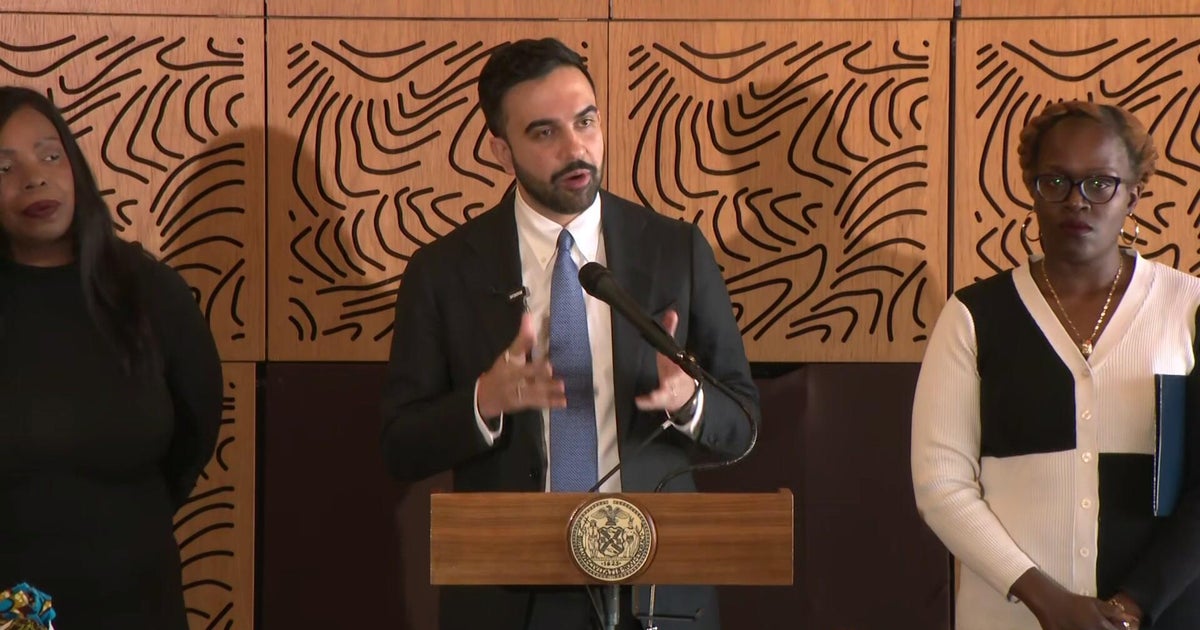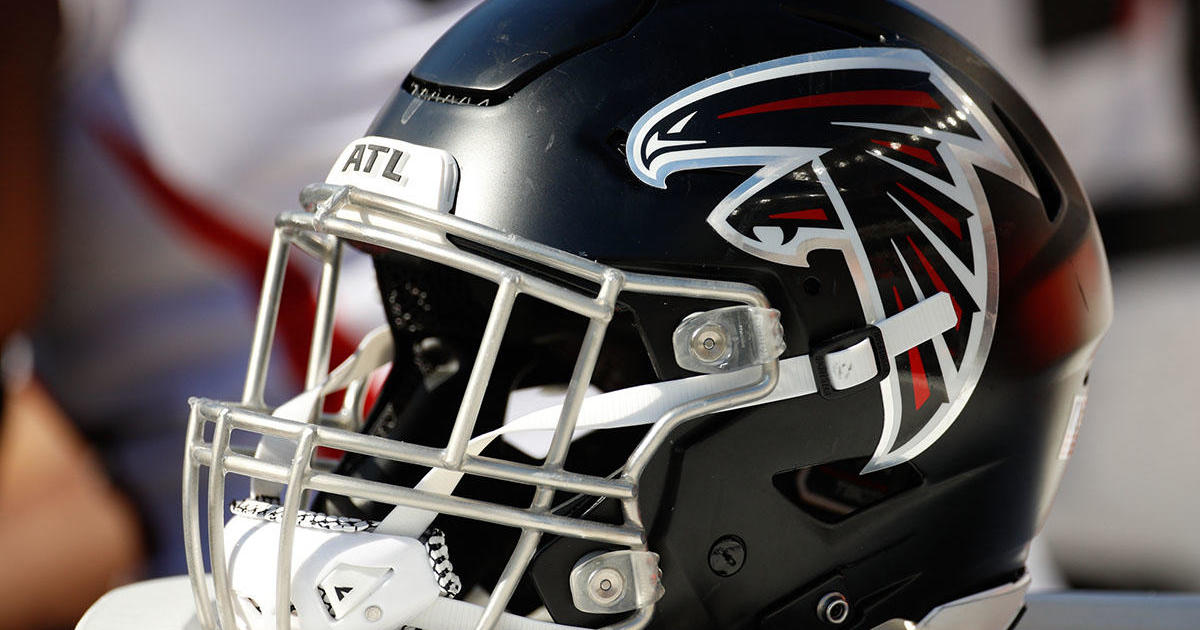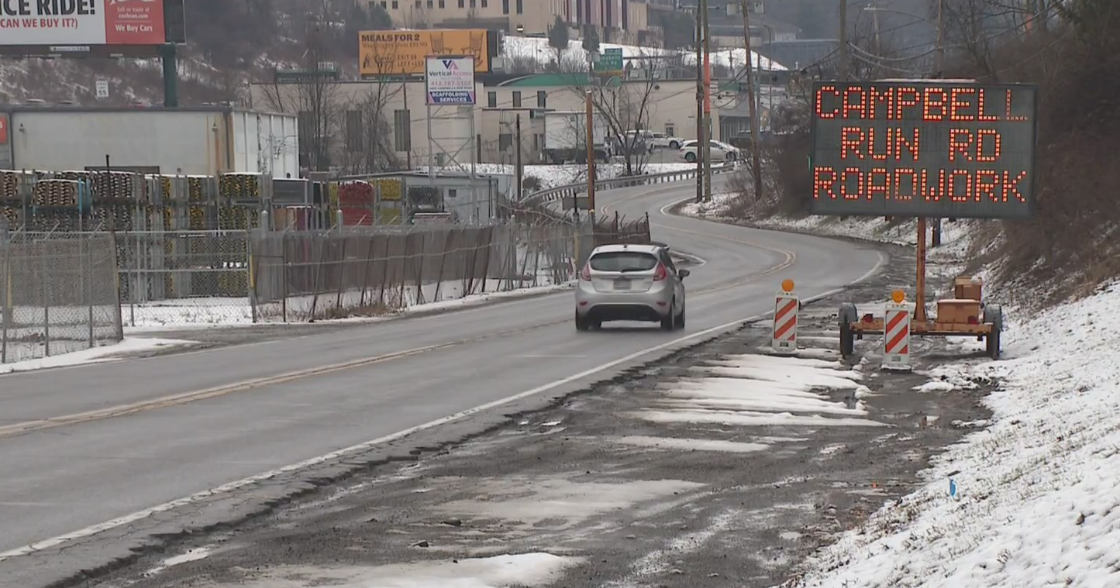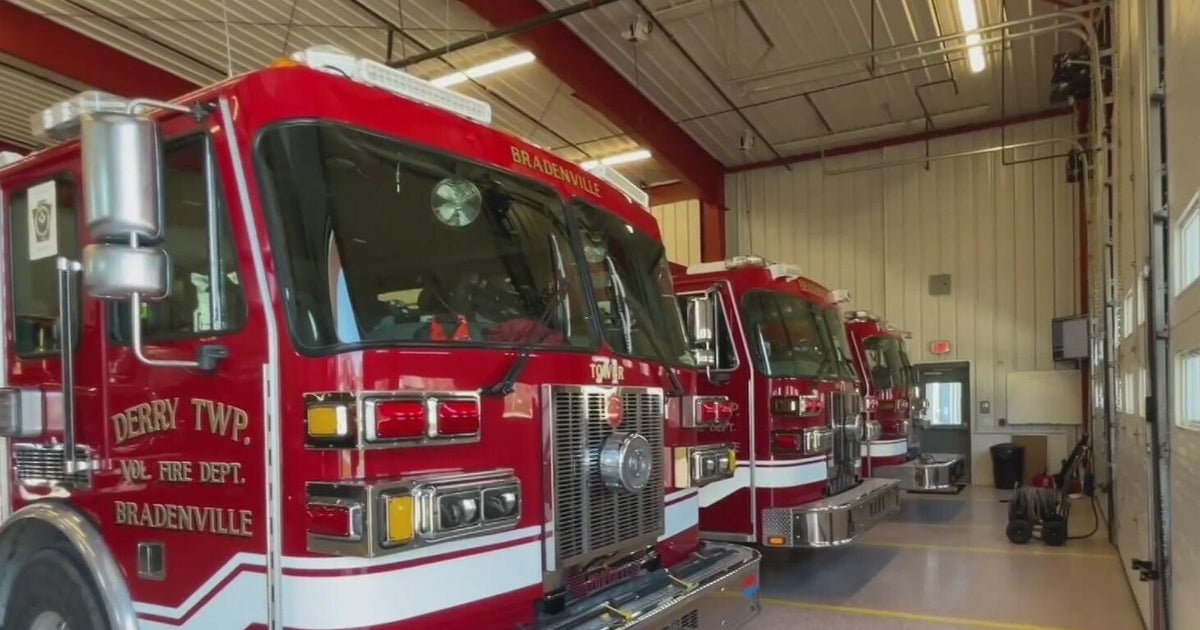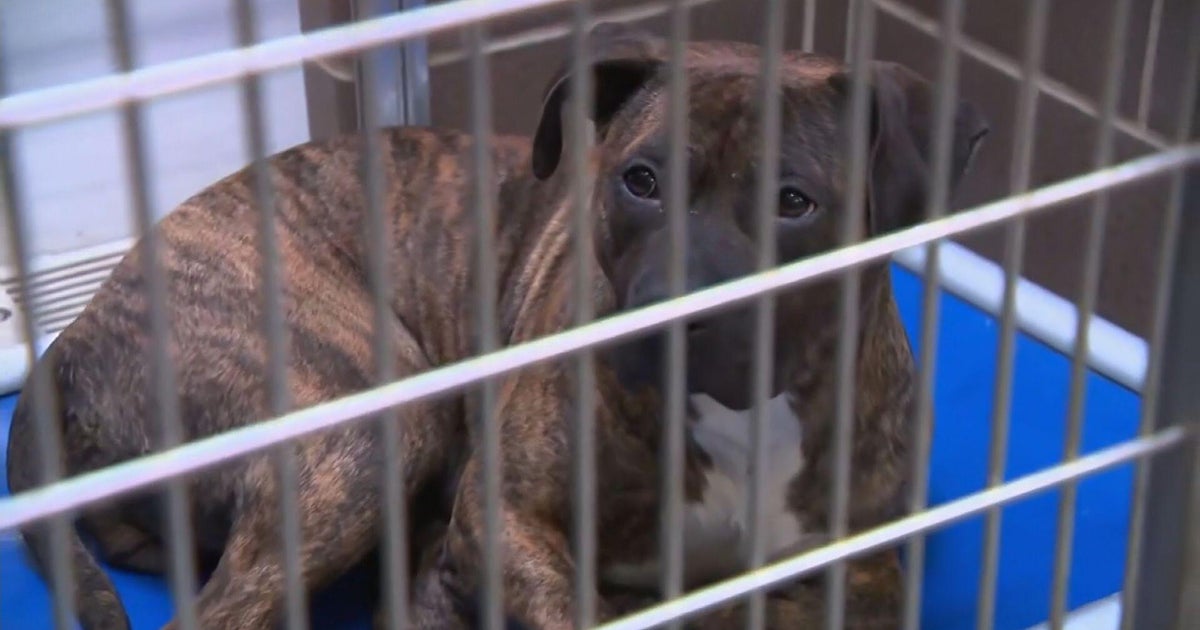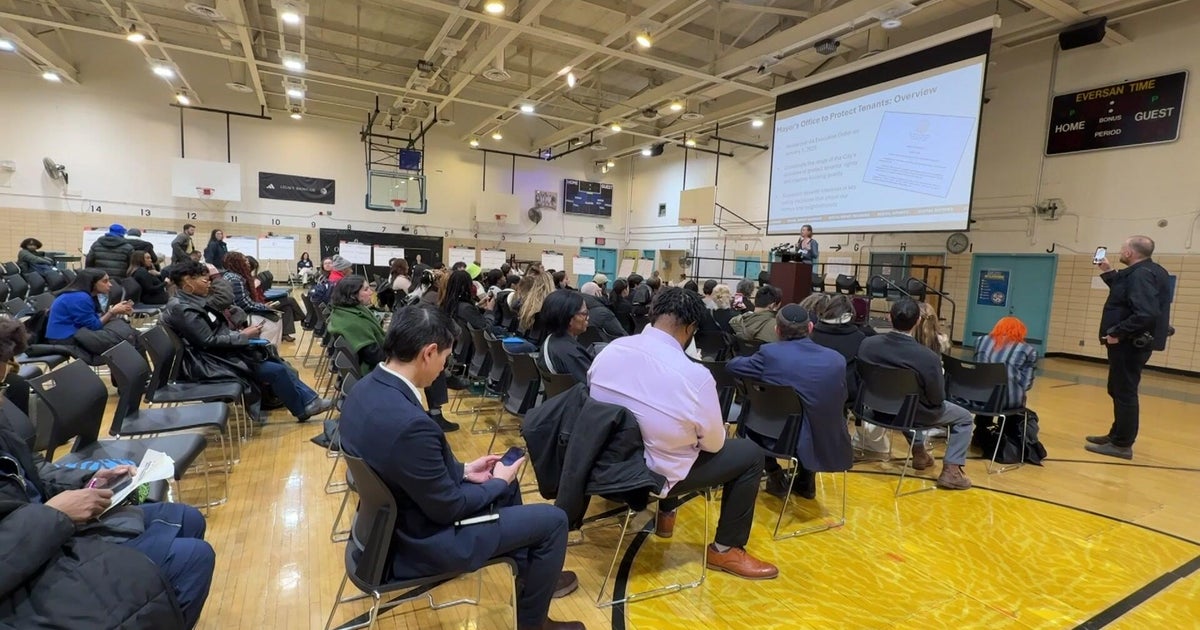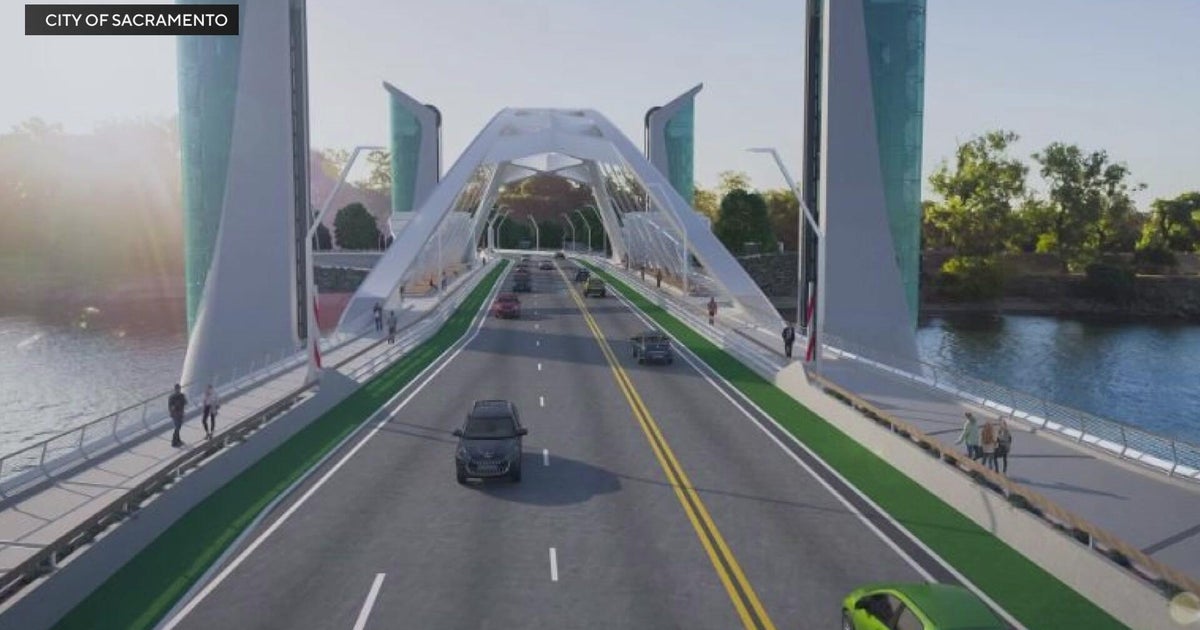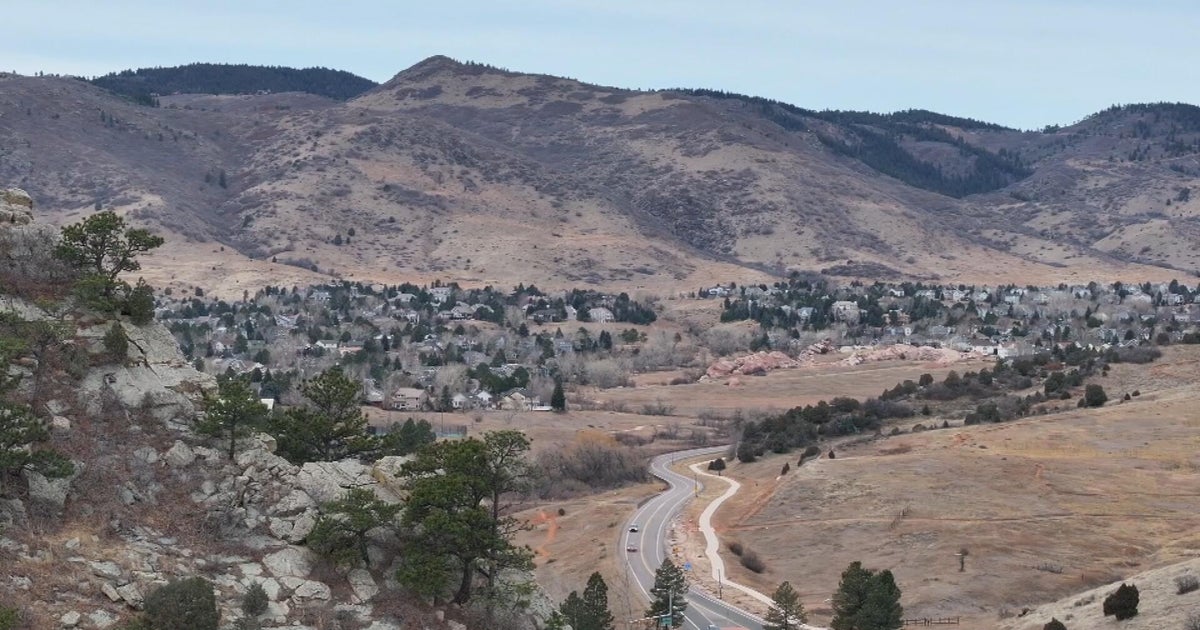LISTEN: Ricketts Insists Father Not Involved 'With Running' Cubs
(WSCR) The unveiling of the "Ricketts Plan" has undoubtedly put Cubs chairman Tom Ricketts in a difficult place.
The "Ricketts Plan" was a smear campaign backed by Tom's father, Joe, aimed at ending the spending of President Barack Obama and getting him out of office.
All along, Tom Ricketts has been campaigning for Mayor Rahm Emanuel - Obama's former Chief of Staff - to grant the Cubs $150 million in public funding to improve Wrigley Field.
Tom Ricketts joined The Mully and Hanley Show on Friday to discuss his father's involvement with the Cubs.
"First and foremost, and I don't even know how much this matters, but my dad doesn't really have anything to do with running the team," Tom Ricketts said. "He's not on the board. It's not his project. He comes to a game every other year. It's not something he's really focused on. The resources to buy the team were set aside a decade ago into a trust for the Ricketts siblings. It's grown to be something that's pretty substantial."
LISTEN: Tom Ricketts On The Mully And Hanley Show
Podcast
For the rest of this interview and other 670 The Score interviews click here.
Some have suggested the "Ricketts Plan" had racial undertones directed at President Obama - something Tom Ricketts said is not reflective of his family's views.
"Something that is as racially insensitive as what presented to the PAC is not something the Ricketts family would support," he said. "I think that was the most important message to get out on the front end."
Tom Ricketts also discussed the challenges that his family faces as they try to improve Wrigley Field and the Cubs.
"We have some real challenges," he said. "There are kind of two models in baseball. There's the model where the city or the county or the state or some combination thereof provides you a stadium and you play in it for a nominal fee. The economic value that's created through sales tax or whatever -- the city doesn't charge you to be there. You might pay amusement taxes, but that goes to cover the cost of the building. ... There's also a private model for stadiums. Where a team owns their own field, covers their own expenses and basically delivers a lot of economic value to the city or the county, but they don't pay incremental amusement taxes on top of that. The Cubs have this model where we pay an incredible amount of taxes - the second highest in baseball - and we have to cover all the expenses of our stadium. On top of that, even though we're technically a private facility, we have all sorts of restrictions. We're taxed like we're a public facility, and we're regulated like we're a public facility, but when we go to try to find a win-win solution to try to resolve some of the problems then everyone wants to say, 'Well, you're a private facility, fix your own problems.' Well, I can solve all of our problems if I don't have all the regulations."
